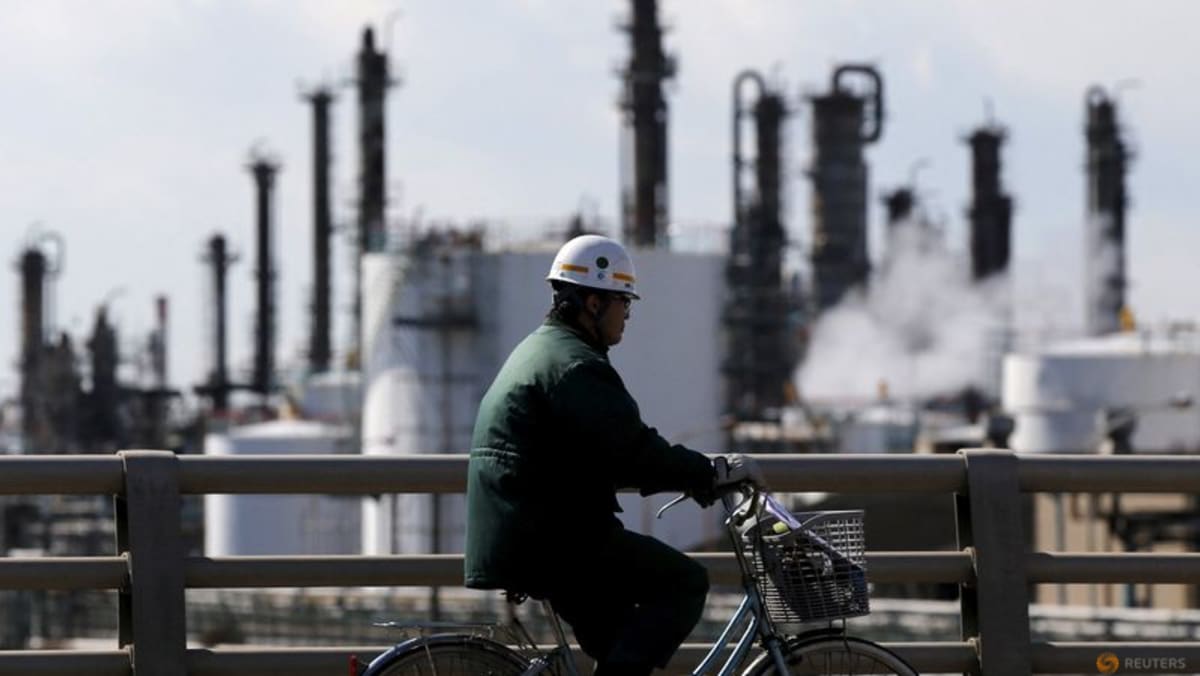TOKYO :Japanese real wages in May fell at the fastest pace in nearly two years as persistent inflation continued to outpace wage growth and hinder consumption-led growth in the world’s fourth-largest economy, government data showed on Monday.
While a labour group report last week showed unionised Japanese workers had their biggest average pay hike in 34 years, the feeble broader wage data spells concerns about Japan’s economic recovery amid uncertainties over U.S. trade tariffs.
Inflation-adjusted real wages fell 2.9 per cent in May from a year earlier, following a revised 2.0 per cent drop in April, and the steepest decline in 20 months, labour ministry data showed.
Real wages, a key determinant of households’ purchasing power, fell for the fifth consecutive month.
The consumer inflation rate the ministry uses to calculate real wages, which includes fresh food prices but not rent costs, rose 4.0 per cent year-on-year in May.
That far outpaced growth of nominal pay, or total average cash earnings, which rose 1.0 per cent to 300,141 yen ($2,080) in May, decelerating significantly from a revised 2.0 per cent gain in April and the slowest since March 2024.
The main culprit behind the nominal pay growth slowdown was an 18.7 per cent fall in special payments, which are mainly made up of volatile one-off bonuses, according to a labour ministry official.
Meanwhile, regular pay or base salary increased 2.0 per cent in May, and overtime pay rose 1.0 per cent, both slowing compared to April.
The result of spring labour negotiations may not be significantly reflected in the wage statistics until summer, the official said, adding many respondents in the government survey are small firms that have no labour unions and are slower to adopt pay hikes than big corporations.
Data last week showed Japanese household spending surged in May at the fastest pace in nearly three years, offering some hope that consumption might be turning a corner despite cost pressures and wage-inflation gap.
Wage trends remain crucial for sustaining this consumption momentum and are among the key factors the Bank of Japan (BOJ) is monitoring to determine the timing of the next interest rate hike.
But uncertainties around trade conditions and the global economy threaten the outlook. The looming U.S. tariffs on Japanese exports could squeeze corporate profits, potentially undermining future wage growth and complicating the BOJ’s monetary policy normalization schedule.
($1 = 144.2500 yen)
